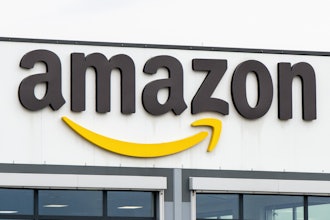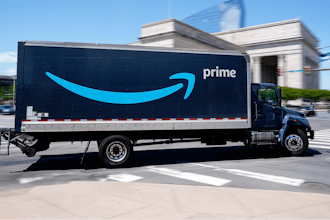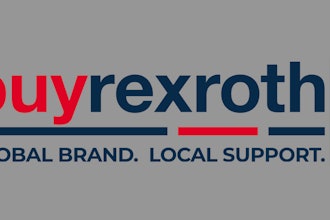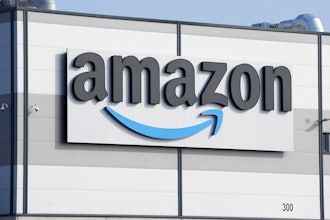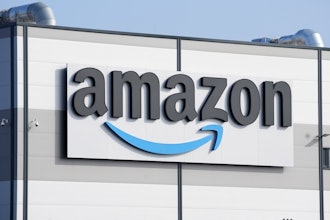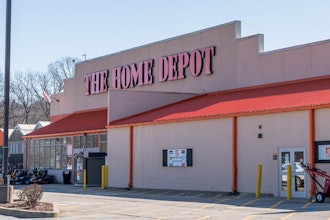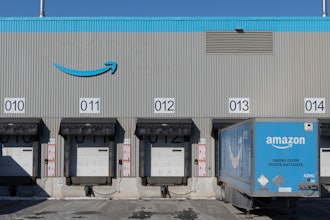
An effective e-commerce platform can help distributors streamline their operations, reach new markets and enhance customer satisfaction.
Here we explore how distributors can choose the best e-commerce platform — and the importance of having a dedicated website for future growth.
Why Distributors Need an E-Commerce Presence
Enhanced Visibility: Having a dedicated website significantly increases a distributor’s visibility. It serves as a digital storefront, allowing potential customers to find and engage with your business 24/7.
Improved Customer Experience: A well-designed website offers a seamless and convenient purchasing experience. Customers can easily browse products, check availability and place orders without the need for direct interaction.
Credibility and Trust: A professional website establishes credibility and builds trust. It showcases the distributor’s brand, provides essential information, and reassures customers of the business’s legitimacy.
Competitive Advantage: In a highly competitive market, a robust online presence can set a distributor apart from competitors.
Data Collection and Insights: A website enables distributors to collect valuable data on customer behavior, preferences and purchasing patterns, providing insights that can inform business decisions.
How to Choose the Best E-Commerce Platform for Distributors
Selecting the right e-commerce platform is crucial for the success of a distributor’s online operations. Here’s a step-by-step guide to help make the right choice.
Assess Your Needs and Goals: Determine the specific needs of your distribution business. Consider factors like product range, customer base, and operational complexity. Define clear goals for your e-commerce platform. Are you looking to increase sales, improve customer service, or expand into new markets?
Evaluate Platform Features: Look for platforms that offer comprehensive features tailored to B2B needs, such as bulk ordering, custom pricing and account management. Ensure the platform supports seamless integration with your existing systems, including inventory management, CRM and ERP.
Consider Scalability: Choose a platform that can grow with your business. It should handle increased product listings, order volumes and customer traffic without compromising performance.
Prioritize User Experience: The platform should offer an intuitive and user-friendly interface for both your team and your customers. Ease of use can significantly impact adoption and customer satisfaction.
Focus on Customization and Flexibility — Your e-commerce platform should be customizable to match your branding and unique business processes. Flexibility in design and functionality is crucial for meeting specific business needs.
Check for Robust Security Features: Ensure the platform has strong security measures in place to protect customer data. Look for features like SSL certificates, data encryption and compliance with industry standards.
Review Pricing and Cost Structure: Consider the total cost of ownership, including subscription or transaction fees and any costs for support and maintenance.
Evaluate Customer Support and Resources: Reliable customer support is essential for resolving issues quickly and effectively. Choose a platform with a strong support system and comprehensive resources like tutorials, forums and documentation.
Future-Proofing Your Business with E-Commerce
Choosing the right e-commerce platform is a pivotal decision for distributors looking to succeed in the digital age.
By understanding the importance of having a dedicated website, and prioritizing key features, you can select a platform that not only meets your current requirements, but also supports future growth.
Mike Mayer is the CEO of Main Event Digital.











